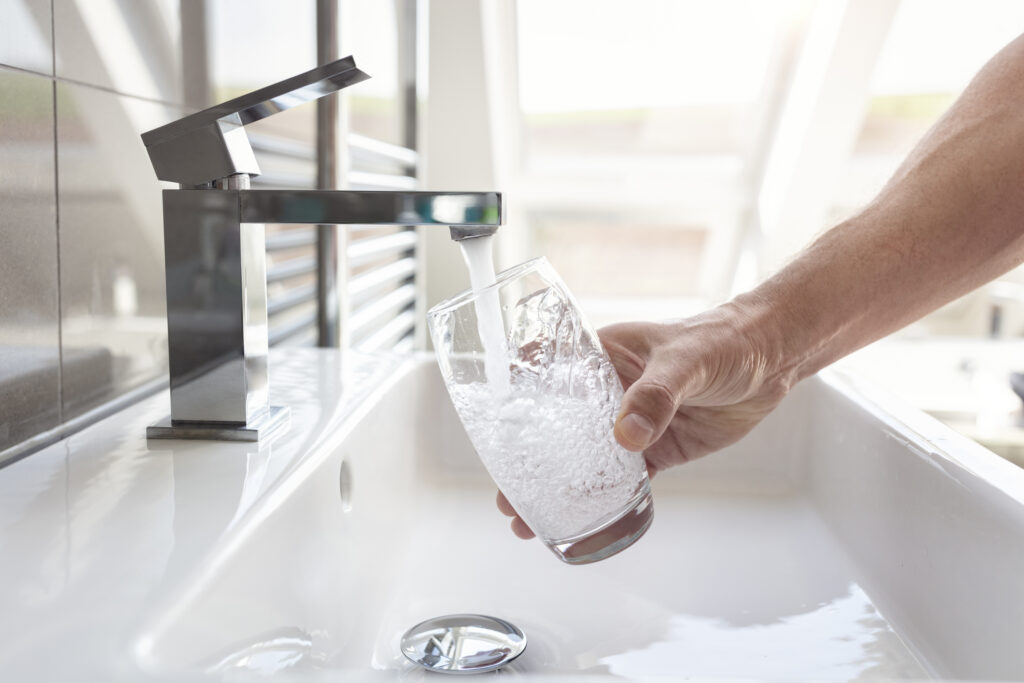Introduction When it comes to private well water, many homeowners find themselves in the dark about how their system works, what affects water quality, and how to maintain a safe and reliable water source. This is where the concept of “Wellwaterology” comes into play—a term coined to describe the study and science of private well water systems.
What Is Wellwaterology? Wellwaterology is the comprehensive study of private well water systems, covering everything from groundwater sources to water testing and system maintenance. Unlike municipal water systems, which are regulated and maintained by government agencies, private well owners are responsible for understanding, testing, and maintaining their own water supply.
Is Your Water Safe? The safety of your well water depends on several factors, including its source, the well’s construction, and potential contamination risks. Here are a few key questions well owners should ask:
- What type of well do you have (drilled, dug, or driven)?
- How old is the well, and what is its maintenance history?
- Is there any nearby land use that could impact water quality (e.g., farms, industrial sites, or septic systems)?
- When was the last water quality test performed?
Common Well Water Issues Even if your water appears clean, hidden contaminants can pose serious health risks. Some common well water concerns include:
- Bacteria and Microbes: Contaminants like E. coli and coliform bacteria can indicate sewage or animal waste infiltration.
- Mineral Content: High levels of iron, manganese, and calcium can affect water taste, stain fixtures, and clog plumbing.
- Chemical Contaminants: Pesticides, fertilizers, and industrial runoff can seep into groundwater, making water unsafe for consumption.
- Physical Properties: Sediment, discoloration, and odors can indicate issues with the well’s integrity or surrounding environment.
Why Testing Is Essential Regular water testing is crucial for detecting contaminants before they become a health hazard. Homeowners should conduct well water tests at least once a year, checking for bacteria, nitrates, pH levels, and other potential pollutants. If you notice changes in taste, odor, or appearance, testing should be done immediately.
Final Thoughts Owning a private well system means taking responsibility for your water quality. Wellwaterology provides the knowledge needed to protect your home’s water supply, ensuring safe and clean water for your family. By regularly testing, maintaining your system, and understanding potential risks, you can prevent common well water issues before they arise.
For expert well water testing and analysis, visit ETR Labs and ensure your water is safe and clean.

